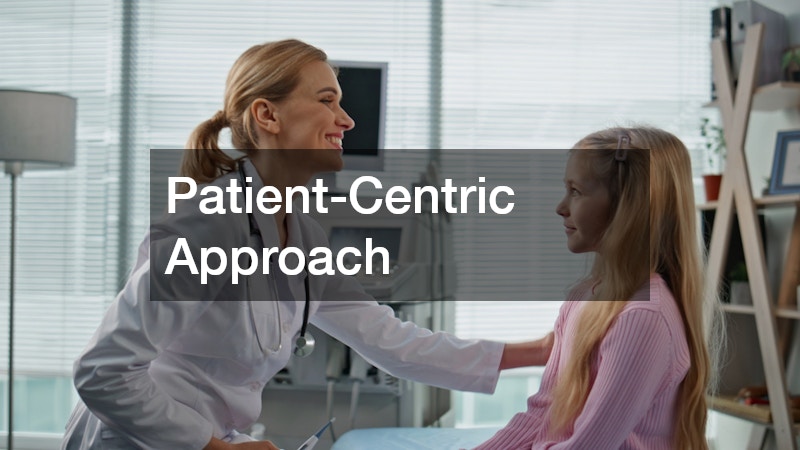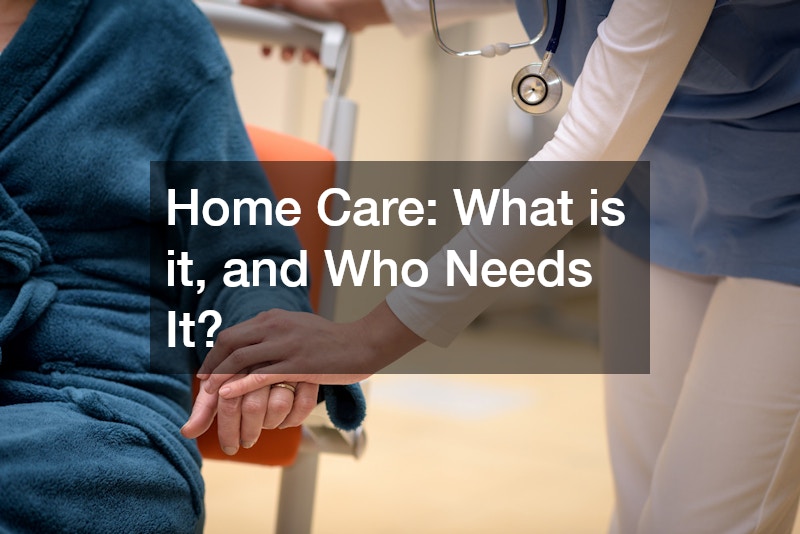In today’s fast-paced world, managing our health can become a complex task. With so many options available for healthcare, deciding where to turn for everyday medical needs can be daunting. Among the array of choices, the medical clinic stands out as a highly advantageous option. These clinics are designed to provide comprehensive care, focused on accessibility and efficiency, making them an ideal choice for individuals seeking convenient healthcare solutions. In this article, we will explore the many reasons why visiting a medical clinic is the smart choice for everyday care.
Convenience and Accessibility
One of the primary benefits of visiting a medical clinic is the convenience it offers. Medical clinics are often strategically located in close proximity to communities, ensuring easy access for patients. Unlike hospitals that may require appointments booked weeks in advance, clinics often accommodate same-day visits. This accessibility means that patients can address minor health concerns promptly, potentially preventing more serious conditions from developing. For individuals with busy schedules, the convenience of a medical clinic can be a significant advantage.
Medical clinics typically operate with extended hours compared to traditional doctors’ offices. Many clinics also offer weekend and evening hours, catering to individuals who cannot visit during standard business hours. This flexibility further enhances the accessibility of healthcare, allowing patients to seek medical attention when it best fits their schedules. The convenience of extended hours also means reduced waiting time and quicker service, which contributes to a more pleasant healthcare experience.
A medical clinic’s walk-in policy makes it exceptionally appealing for sudden, non-emergency situations. For instances that require immediate attention such as minor cuts or flu symptoms, a clinic provides a viable alternative to the emergency room, which should be reserved for critical cases. This feature can lead to less crowded emergency rooms and more efficient use of healthcare resources. Additionally, the cost-effectiveness of clinics often makes them an economically smart choice, as their fees are generally lower than emergency treatment costs.
Comprehensive Care Services
Medical clinics are equipped to handle a wide range of healthcare needs, making them a one-stop destination for patients. From routine check-ups to managing chronic conditions, medical clinics provide a variety of services under one roof. This comprehensive approach means that patients do not need to visit multiple specialists for their healthcare needs, saving time and simplifying their medical care. Clinics often have a team of healthcare professionals who work collaboratively to provide holistic care, ensuring all aspects of a patient’s health are addressed.
Preventive care is a critical component of the services offered at medical clinics. Regular health screenings, immunizations, and wellness advice are readily available, helping patients maintain optimal health. By emphasizing prevention, clinics help reduce the risk of developing chronic conditions, ultimately lowering long-term healthcare costs. This approach aligns with the modern trend of proactive health management, encouraging patients to take charge of their well-being. In essence, clinics empower individuals to lead healthier lives.
In addition to general medical services, many clinics offer specialized programs and support for a range of health issues. Whether it’s managing diabetes, weight control, or women’s health services, clinics provide targeted care that is tailored to meet specific needs. This specialization means that patients receive focused and effective treatment, often with the expertise and attention that rivals more costly hospital services. The ability to access such diverse care in a single setting greatly enhances the patient experience and supports comprehensive health management.
Patient-Centric Approach
At the heart of a medical clinic’s operation is a patient-centric approach, where the focus is on providing personalized and compassionate care. Medical professionals at clinics are often highly attuned to the individual needs of their patients, providing a level of attention and empathy that fosters trust and communication. Such an environment is highly conducive to positive health outcomes, as patients feel more comfortable discussing their health concerns. This rapport between healthcare providers and patients is essential for effective diagnosis and treatment.
The patient-centric model extends to the administrative aspects of a medical clinic. Simplified processes, including easy appointment scheduling and transparent billing systems, help alleviate the stress often associated with medical visits. Clinics strive to create an atmosphere where patients can focus solely on their health, without the added burden of bureaucratic hurdles. This seamless experience ensures that individuals are more likely to seek care regularly, maintaining better overall health.
Feedback mechanisms in medical clinics encourage continuous improvement and patient engagement. Many clinics implement surveys and suggestion programs to gather insights from patients on the quality of care and service. This data-driven approach allows clinics to evolve and adapt to the changing needs of their communities. By valuing patient input, clinics demonstrate their commitment to delivering exceptional care. The result is a healthcare experience that is both personalized and aligned with modern patient expectations.





